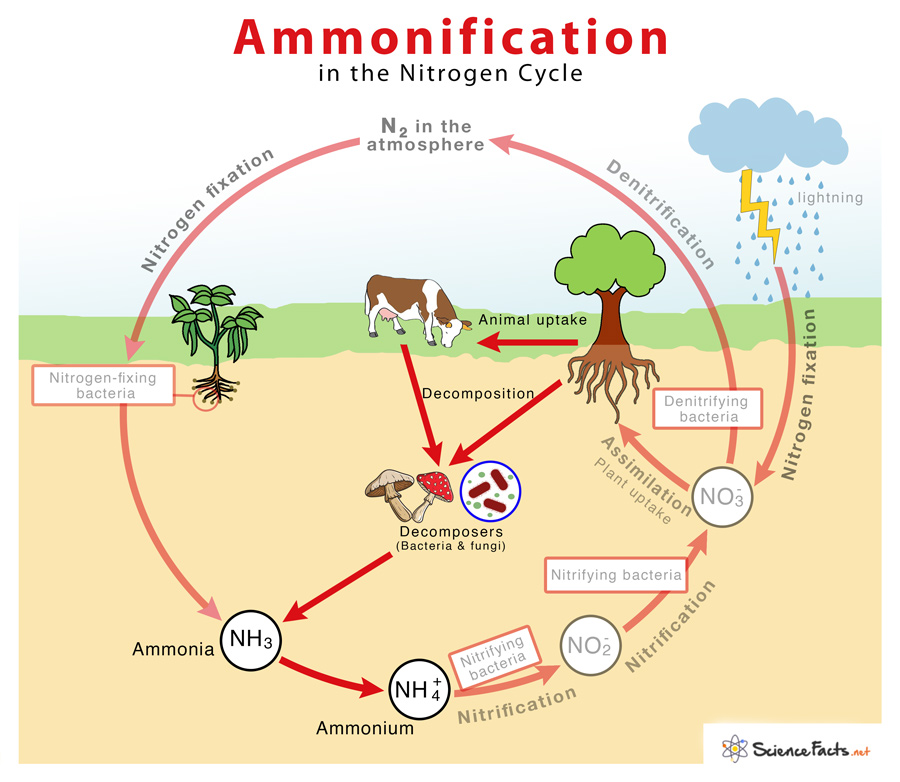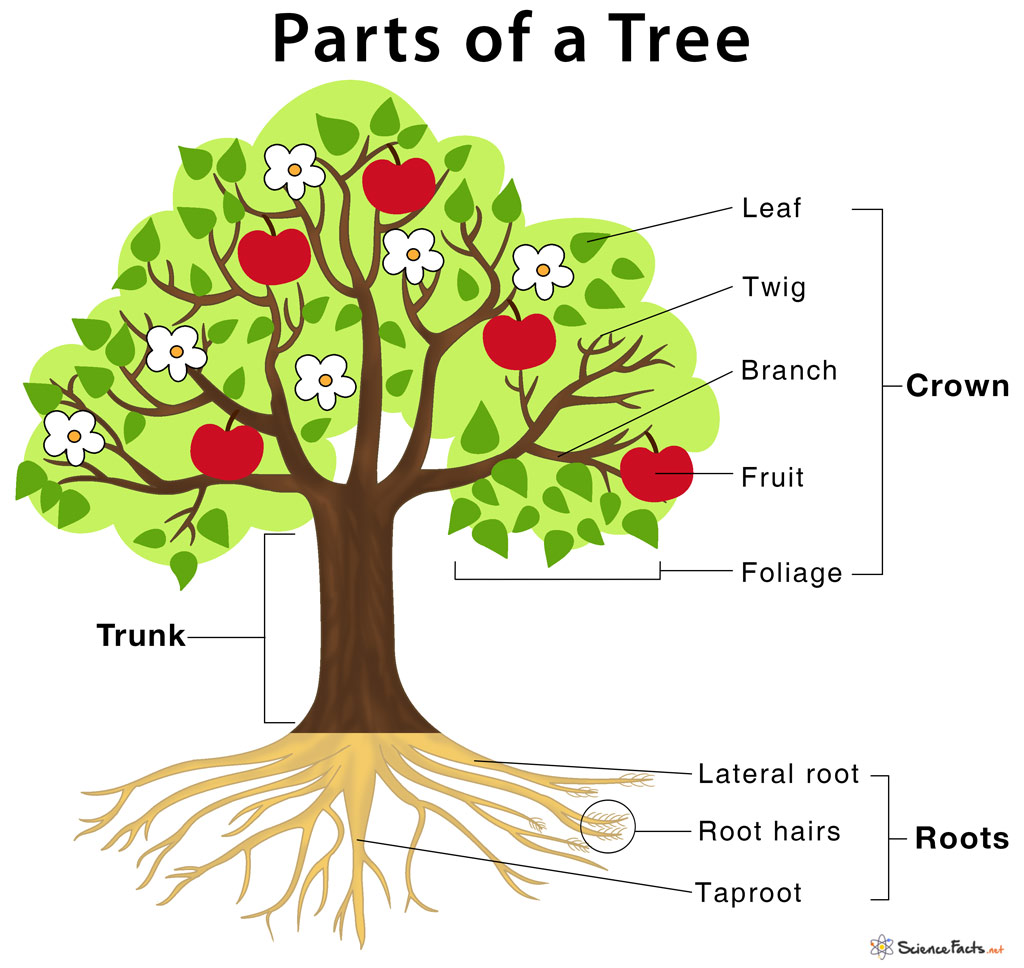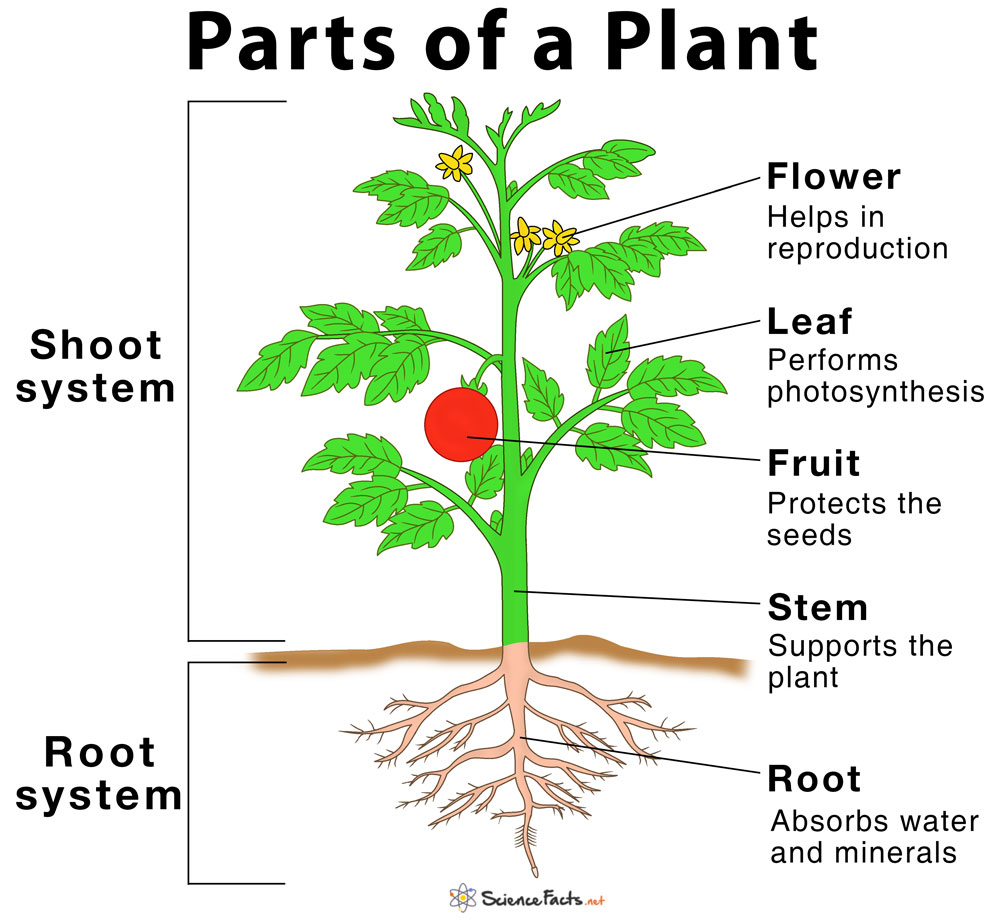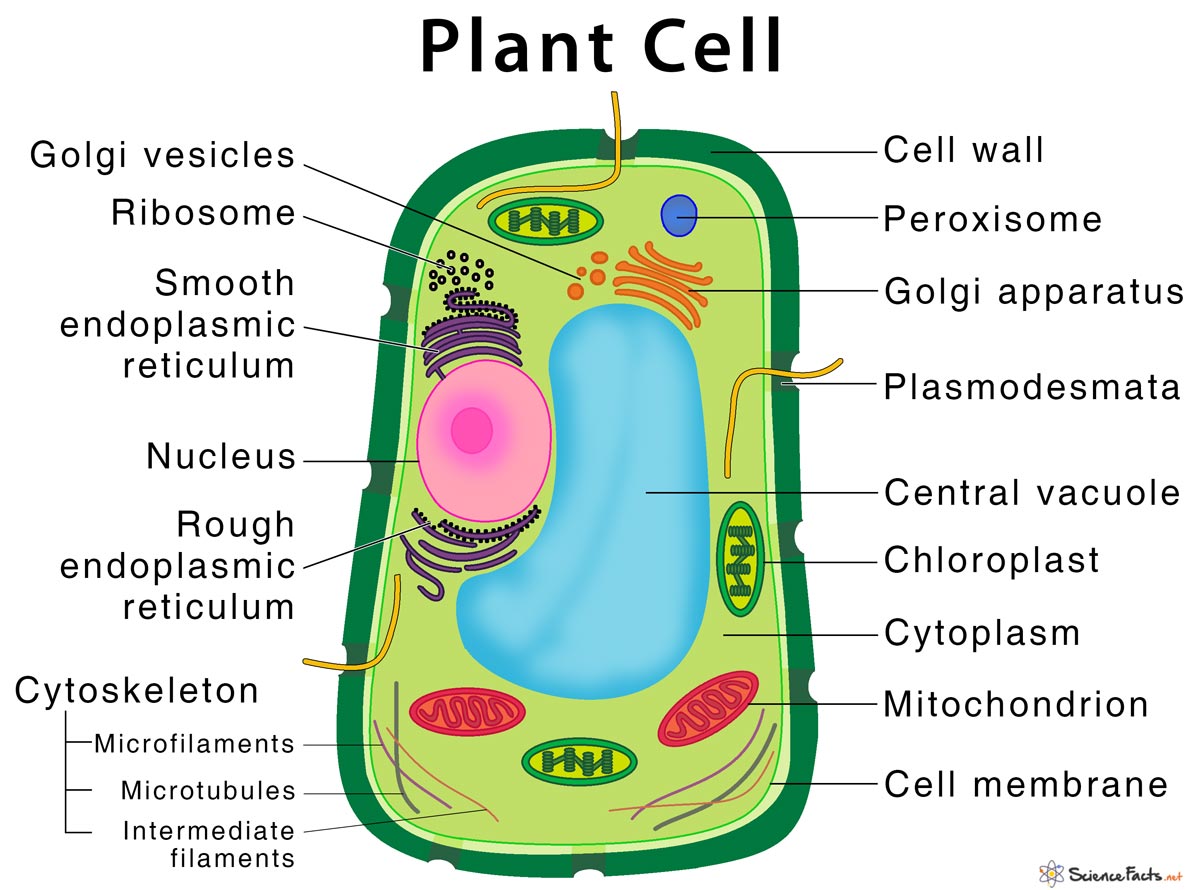Ammonification
Ammonification is a part of the nitrogen cycle that occurs when microorganisms decompose dead organic matter of plants and animals, releasing fixed nitrogen in the soil, sediment, or water. It is thus crucial for providing living organisms with the source of nitrogen they need for their growth and survival. The diagram shows the process of ammonification within the nitrogen cycle.
Here, the organic nitrogen in the tissues of living organisms is mineralized to form inorganic ammonia or ammonium ions. Many soil decomposers (bacteria and fungi) carry out ammonification.
Bacteria carrying out ammonification are called ammonifying bacteria. Common ammonifying bacteria are Bacillus, Proteus, Clostridium, Pseudomonas and Streptomyces, and Micrococcus.
How does the Process of Ammonification Occur
The first step involves the decomposition of amides or amines (R-NH2) in the amino acids and DNA of dead organic matter or feces of living organisms forming ammonia (NH3). The NH3 formed is further reduced, forming NH4+. Ammonification is thus a process of chemical rearrangement, forming inorganic ammonium ions as the final product. Hence, another name for ammonification is ammonium regeneration.
Chemical Equation
The overall chemical equation of the process is:
RNH2 + 2 H2O → NH4+ + OH– + ROH
The above equation occurs in two steps:
Step 1: R-NH2 + H2O → NH3 + R-OH
Step 2: NH3 +H2O → NH4+ + OH–
After this conversion, ammonium ions become available in plants as a nutrient or substrate for nitrification.
Importance of Ammonification
- Despite the atmosphere consisting of 78% nitrogen, it is not available to plants or animals for use. Ammonification converts organic nitrogen from dead remains of plants and animals to inorganic form that returns into the soil to reenter the nitrogen cycle.
- Once available in the soil, plants use nitrogen for their growth and metabolism and pass them into the food chain. Ammonification is the most preferred method to obtain nitrogen for plants living on acidic soils.
- Nitrogen is sometimes added to the soil as crop residues and animal manures for better crop production. In the absence of ammonification, these organic forms of nitrogen would accumulate in considerable quantities, causing soil toxicity, thus decreasing soil health.
- Ammonification of organic nitrogen in the water bodies helps in the biological assimilation of ammonium by bacteria, biofilms, and aquatic plants, sustaining aquatic life in the aquatic ecosystems.
-
References
Article was last reviewed on Friday, February 17, 2023




